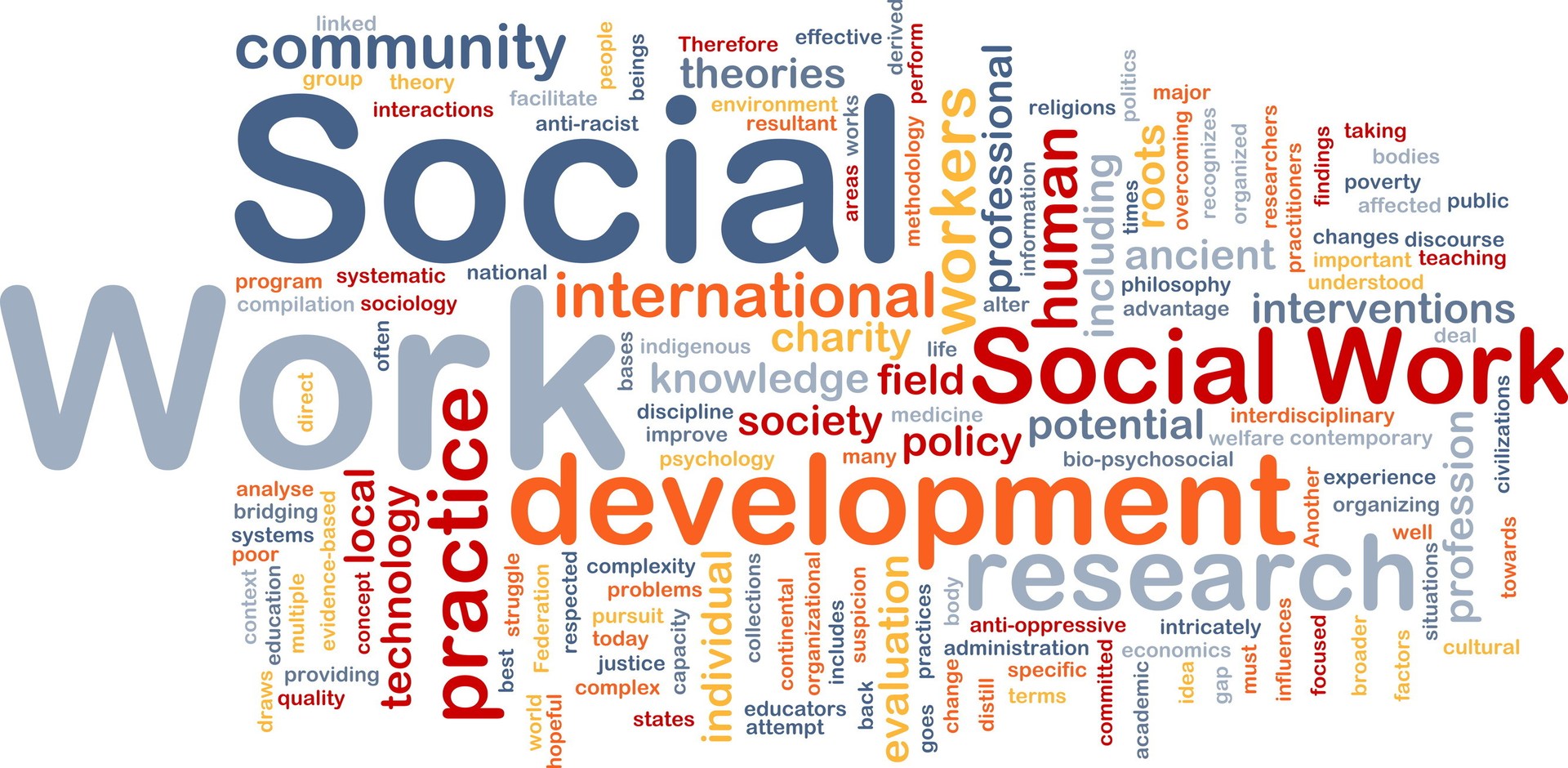In the vibrant tapestry of Bangladesh, where resilience and hope weave through every thread of society, the role of social work stands as a beacon of progress. Bangladesh, with its rich cultural heritage and diverse population, has faced numerous challenges on its journey towards development. Poverty, inequality, natural disasters, and social injustices have often cast shadows over the path to progress. However, amidst these challenges, social work emerges as a powerful force for change, driving initiatives that promote equity, justice, and collective well-being.
At the heart of social work in Bangladesh lies a commitment to empowerment and social justice. Social workers, both professionals and volunteers, work tirelessly to uplift marginalized communities, advocating for their rights and providing essential services that address their needs. From rural villages to bustling urban centers, social workers are on the frontlines, engaging with communities, identifying their strengths, and empowering them to become agents of change in their own lives.
One of the key areas where social work has made significant strides is in education. In Bangladesh, where access to quality education remains a challenge for many, social workers play a crucial role in expanding educational opportunities and promoting literacy. Through initiatives such as community schools, adult education programs, and scholarships for disadvantaged students, social workers are breaking down barriers to education and opening doors to brighter futures.
Social work also plays a vital role in promoting health and well-being across Bangladesh. From providing healthcare services in underserved areas to raising awareness about preventive care and hygiene practices, social workers are instrumental in improving health outcomes and reducing disparities. Moreover, in the wake of natural disasters and public health emergencies, social workers are at the forefront of relief efforts, providing essential aid and support to affected communities.
In addition to education and healthcare, social work in Bangladesh encompasses a wide range of areas, including livelihood development, women's empowerment, environmental sustainability, and disaster management. Through innovative programs, grassroots initiatives, and advocacy campaigns, social workers are addressing multifaceted challenges and driving sustainable development across the nation.
However, the path to progress is not without its obstacles. Social workers in Bangladesh often face resource constraints, bureaucratic hurdles, and cultural barriers in their work. Moreover, entrenched social norms and systemic inequalities pose significant challenges to achieving lasting change. Despite these challenges, social workers remain undeterred in their commitment to creating a more just, inclusive, and prosperous society.
As Bangladesh continues on its journey towards progress, the role of social work will be more critical than ever. By harnessing the power of community engagement, grassroots mobilization, and collective action, social workers have the potential to catalyze transformative change and build a brighter future for all Bangladeshis. Together, we can overcome obstacles, seize opportunities, and pave the way for a more equitable and prosperous Bangladesh.






